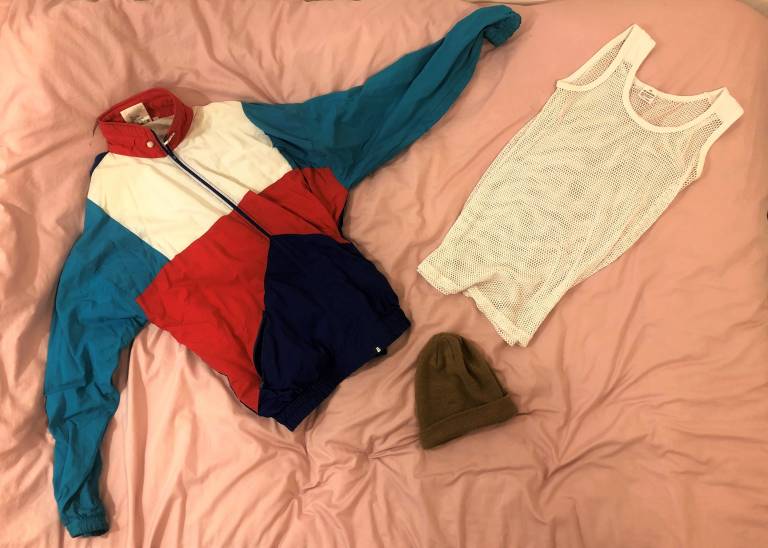Key tips to becoming more environmentally friendly
17 February 2021
Valentine’s Day may be over, but it’s never too late to show your planet some love by making some key environmental changes. UCL student Zofia Ziolkowska is here with her top tips on how to do just that.

Inspired by the international, student-led ‘Fridays For Future’ movement, I decided to reflect on how environmentally (un)friendly my daily habits were and I pledged to myself to live a more ecologically sustainable life.
After some research and going through the process of improving the sustainability of some of the most basic daily habits, I’d like to present you with my list of 4 small things you can do in your everyday life to make a big improvement to your environmental friendliness.
1. Eat fewer animal products
This seemed like the most challenging change to make out of all - I’ve always been a meat eater and milk and cheese were on my daily menu.
In my strive to become a more environmentally friendly person, I started making slight adjustments, taking it step by step.
I’d buy tofu instead of meat, I’d opt for oat milk instead of cow milk, I’d find a new vegetarian recipe instead of making a burger.
Even if you feel like you couldn’t go without meat or perhaps can’t for medical reasons, it’s good to know that even small adjustments can significantly reduce the ecological footprint of your diet significantly.
2. Avoid wasting food
I never thought twice about throwing away old food. It happens to all of us - you buy something and forget about it, or you overestimate how much you can eat and end up throwing away the leftovers.
From my experience, becoming actively conscious of the whole process of food consumption is the easiest way to prevent ending up throwing away food.
I’ve started planning my meals and portions and preparing my grocery shopping lists in advance.
This way I know exactly how much of what I need and I prevent myself from buying food too much food which will go bad.
Another great tip is to be creative when cooking with whatever leftovers you find in a fridge - if you have vegetables that are going to go bad soon, find a recipe including it or just make one up yourself using whatever else you have in your fridge or cupboard!
3. Cut down on plastic
Over the past decades, plastic has found its way into all aspects of our life. Unfortunately, not all of it is recyclable and by 2050, the ocean could contain more plastics than fish!
Just becoming aware of all the places we find plastic and realising how unnecessary it can be is a first step to reducing the amount of plastic waste you produce.
My first tip would be to always bring your own shopping bags when food shopping. While in the shop itself, try to avoid unnecessary plastic packaging where possible.
I would also recommend making sure you recycle your plastic correctly – this is especially relevant for international students such as myself living in the UK for the first time. Check which types of plastic packaging are recyclable and which aren’t!
4. Stay away from fast fashion
In my life, I’ve bought way too many cheap t-shirts and jumpers in fast fashion stores such as Primark or Topshop just because they were cheap or on sale.
The fashion industry is one of the most environmentally harmful industries and is fueled by our obsession with buying unnecessary amounts of clothes.
I have personally stopped shopping at ecologically unfriendly companies – a quick search on the internet can help you determine how environmentally friendly a fashion company is.
My tip would be to explore second-hand fahion apps, such as Depop and Vinted. You can buy a range of second-hand clothes and even sell the items you don’t wear for some extra cash!
At the end of the day, I’m happy with the small changes I’ve managed to make to my everyday life.
Ultimately, even small actions can make a great change over time. Don't be too hard on yourself if you’re not perfectly environmentally friendly; doing what you can still makes a key difference!
Image: Author's own
 Close
Close

